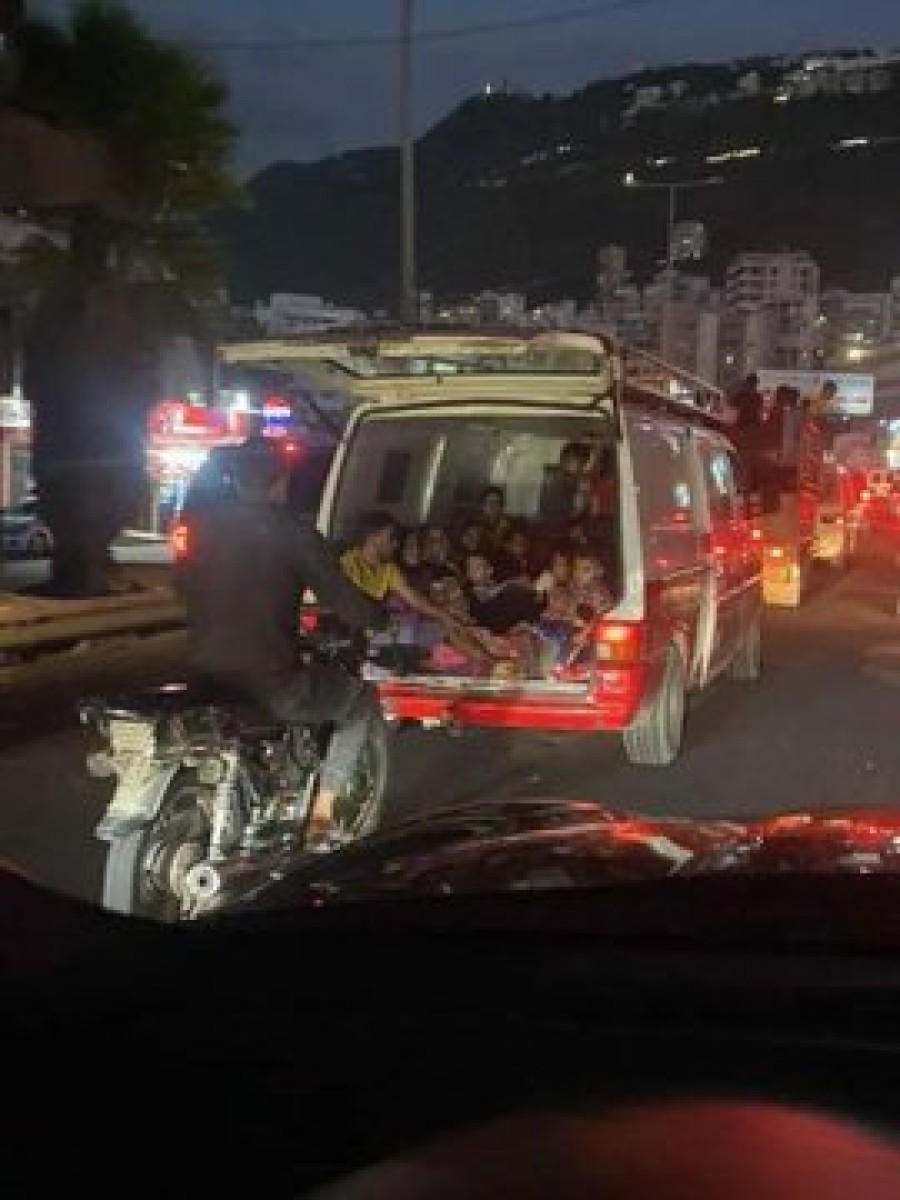"One million displaced people"... Lebanon is experiencing the worst humanitarian crisis since the civil war


It is experiencing a wave of displacement that may be “the largest in its history,” as described by Lebanese Prime Minister Najib, today, Sunday, which has resulted in about a million displaced people who are now living in difficult conditions.
As a result of the continuous Israeli strikes on Lebanon, a huge number were displaced from the south and east of the country, and from the southern suburbs of Beirut, in search of shelter. Some of them took refuge in shelter centers, and some of them slept on the ground.
As pictures taken in the country show, hundreds of families are sleeping in public squares, on beaches, or in cars throughout.
Lows of people headed to the mountains overlooking the Lebanese capital, carrying infants and some of their belongings.
Beirut's public squares and beaches are crowded with displaced people from southern Lebanon and the city's southern suburbs. The lucky ones have a mattress and blankets to sleep on. Thousands of shocked families have been camping out in the open since the night of September 27.
“The worst crisis since the civil war”
According to Politico magazine, which described the matter as “Lebanon is facing the worst crisis since the civil war,” the southern suburb, known as a stronghold of support for the Hezbollah militia, was emptied within hours; As people sought safety in other parts of the capital and beyond.
Israel launched a series of strikes on different parts of the southern suburb of Beirut, an area inhabited by a Shiite majority, where tens of thousands of residents live. The largest explosions to hit Beirut in nearly a year of conflict led to the killing of Hezbollah leader Hassan Nasrallah last Friday.
Humanitarian response
The government opened schools in Beirut to receive the displaced. But Syrian refugees reported to the Associated Press that some locations refuse to receive them. In order to reserve the few places for Lebanese.
Social media also circulated videos showing the refusal of Lebanese people in Beirut and the north of the country to receive the displaced from the suburb.
The United Nations Office for the Coordination of Humanitarian Affairs said, “Humanitarian capacities to respond have become extremely exhausted.”
Most of the displaced people sleeping outside homes in Beirut said that they did not receive any assistance from any humanitarian organization.
The latest information coming from the Lebanese-Syrian border revealed that more than 100,000 people have crossed from Lebanon into Syria, from the Jdeidet Yabous crossing, on the border there, since last Tuesday.
Mikati said in a press conference following a meeting of the government emergency committee in Beirut, today, Sunday, that “there are 778 shelter centers, which so far include 118 thousand people,” but “it is estimated that the number of displaced people is much greater than this number, and may reach up to one million.” People were displaced in recent days from the south and east of the country, and from the southern suburbs of Beirut.